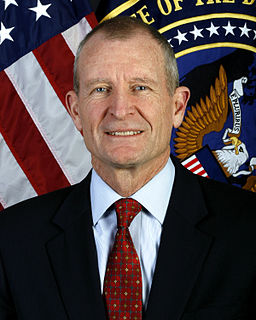A Quote by Lee Hsien Loong
We are happy to see China prospering; we are happy to see China playing a constructive and positive role in the region.
Quote Topics
Related Quotes
What a publication can do is to help people get a clearer picture without jumping to any rash conclusion. I'm very happy that the 'Post' can take the responsibility to report on China in a broader and deeper way. I believe the 'Post' must be fair to our readers. We should let our readers see China from more angles and perspectives.
We can squabble between the siblings in Europe and not be very productive and then see China and the U.S. win over the European region. Or - and this is my preferred choice - we team up together and are the strong region that we want to be, using each others' strengths and building on our commonalities to become the smartest region in the world.

































